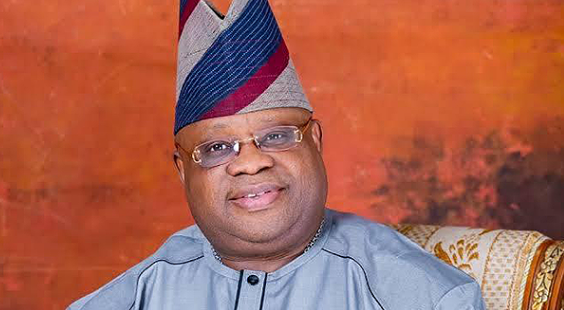Accra, Ghana — Tensions flared between Ghanaian citizens and Nigerians residing in the country following a street protest dubbed “Nigerians Must Go” , which erupted on July 29, with demonstrators accusing Nigerians of rising crime, ritual activities, and economic dominance.
Protesters, seen in viral videos brandishing placards with inflammatory messages, demanded the expulsion of Nigerians. Some also voiced resentment over the visible success of Nigerian traders and professionals, claiming they had taken over local markets and real estate.
Members of the Nigerian community, however, decried the protest as xenophobic and an orchestrated attempt to trigger a diplomatic rift. Many accused Ghanaian landlords of discriminatory rental practices and targeting Nigerian-owned businesses with excessive regulations. Businessman Patrick Isaac described the demonstration as a provocation aimed at sparking violence between both nations.
Others claimed that tensions were being exploited politically and economically, citing Ghana’s proposed \$1 million capital requirement for foreign business owners as an example of deliberate economic exclusion.
The situation was further inflamed by the resurfacing of a decade-old video of Nigerian businessman Chukwudi Ihenetu, who had declared himself “Eze Ndi Igbo” and proposed the creation of an Igbo village in Ghana. Though Ihenetu has since apologized and denied any current land acquisition, the footage fueled fears of Nigerian territorial influence.
In response, Nigerian authorities, led by Minister of State for Foreign Affairs, Ambassador Bianca Odumegwu-Ojukwu, met with Ghanaian officials in Accra to defuse tensions. Ghana’s President John Mahama reassured Nigeria of the safety of its citizens, downplaying the protest as involving fewer than 50 people and emphasizing that the situation had been swiftly managed.
Meanwhile, leaders of the Nigerian community in Ghana suspended the annual Igbo Iriji festival as a precaution, citing heightened tensions. Residents in areas with dense Nigerian populations—such as Kasoa, Nima, and New Town—have called for increased security.
Despite official reassurances, fears linger among Nigerians in Ghana, who urge both governments to enforce protections and foster mutual respect. Social media-fueled misinformation, many believe, has played a key role in escalating the crisis.
As diplomatic channels remain active, observers highlight the urgent need to address xenophobic sentiments and reinforce West Africa’s commitment to regional integration and peaceful coexistence.
By Adeola Olaniya | August 2, 2025.




